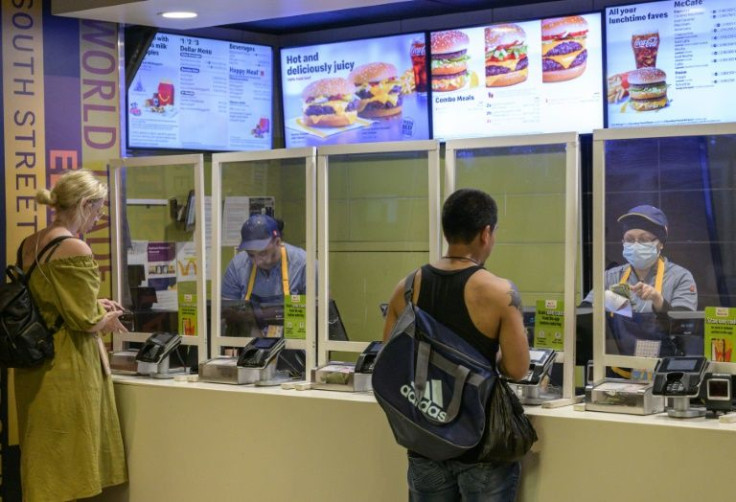Minimum Wage Hikes Cannot Save American Families From Soaring Inflation

Minimum wage hikes that have taken effect in many states this year aren’t enough to help low-income Americans catch up with inflation.
That’s according to an Economic Policy Institute (EPI) study, which shows that the annual income earned at minimum wage in some states is almost half of what a family needs to afford a basic living style.
For example, a family of one adult with one child living in Chicago needs $62,959 annually for basic living expenses like shelter, food, child care, transportation, and health care. That’s more than twice what the family adult earns annually working full time at the state minimum wage of $15.40 per hour.
Note that the living expenses calculations are based on 2020 numbers, meaning that the gap between this family earns today and what it needs to live a comfortable life is much larger than the EPI calculations. Moreover, the situation could worsen as inflation, which runs at an annual rate of 9.1%, spreads from food and energy to other essential items that make up the family budgets, like rent and health care.
What’s the solution? Governments worldwide have tried different policies to ease the pain of the soaring cost of living. For instance, the Greek government has been sending out checks to families to deal with the rising cost of living. The government of Singapore has been sending cash to low-income families to supplant their income. In California, the state government returns surplus budget funds to taxpayers to deal with soaring gas prices.
Still, experts do not think these policies are sufficient to solve the problem.
“On a micro level, cash payments can certainly soften the effects of inflation,” Robert R. Johnson, Professor of Heider College of Business, Creighton University, told International Business Times in an email. “Having more cash to purchase goods and services would lessen the impact of inflation on a household.
"On a macro level such ‘helicopter payments’ will serve to exacerbate inflation. Remember, inflation is colloquially defined as too many dollars chasing too few goods. If you keep the goods the same and increase cash, inflation will increase. If these countries want to reduce inflation, this is not an effective method.”
Stefan Rust, CEO of blockchain-based inflation index Truflation, agrees. “The Chinese have a famous saying: if you give someone a fish, you need to give them a fish every day,” he told IBT in an email. “However, if you teach them to fish, you only need to teach them how to fish once. Similarly, just giving cash handouts does not solve the problem of inflation.
"Despite this, though, we’re seeing governments deploy this tactic around the world, and whether it’s in California or Asia, in my view, this is just a way to buy votes. In fact, cash handouts spur inflation as it drives the consumers receiving the cash handouts to spend those monies – further fueling price increases.”
Sankar Sharma, CEO at RiskRewardReturn.com, is on the same side. He has a better alternative to addressing the problem: use food and energy rationing and subsidize them.
“While one can argue that subsidies could also increase debt levels, the advantage of subsidizing and rationing is that they can help the impacted households in a better way and could reduce or balance the demand for the impacted items,” he said to IBT in an email.
Rust has a better alternative, too: subsidize or give tax incentives in areas where inflation is felt the most.
“For example, extract tax from energy supply, subsidize utility fees or remove value-added sales taxes,” he added. “Alternatively, governments could provide tax credits and subsidies on substitute products. There are a number of levers that can be pulled to tackle inflation, but few would win as many votes as cash handouts.”
© Copyright IBTimes 2024. All rights reserved.






















